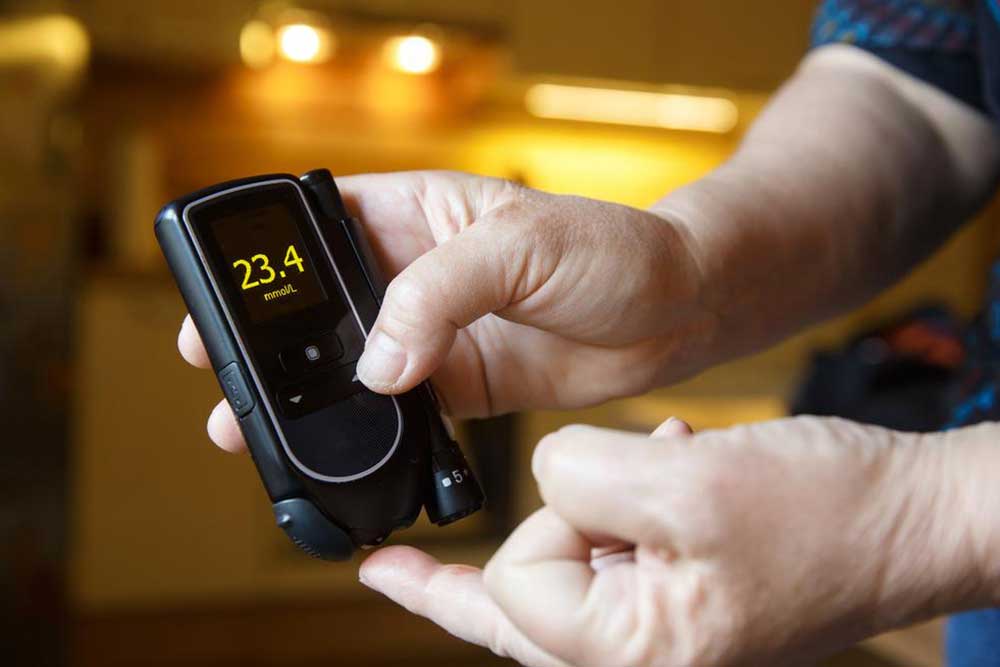Recognizing the First Indicators of Diabetes
This article highlights the primary early symptoms of diabetes, including fatigue, frequent urination, dehydration, and vision issues. It emphasizes the importance of monitoring blood sugar levels and seeking medical attention if these signs appear, enabling timely intervention to prevent complications.
Sponsored

The pancreas plays a crucial role in producing insulin, a hormone that helps cells absorb glucose from food and store it for later use. Blood sugar levels fluctuate based on your health, with hyperglycemia indicating high blood sugar and hypoglycemia indicating low levels. Diabetes develops when blood sugar remains elevated consistently, leading to chronic hyperglycemia. Normal blood sugar levels vary: for non-diabetics, 3.9-5.5 mmol/L in the morning; for diabetics, 4.4-7.2 mmol/L. Key early signs include persistent fatigue, increased urination, dehydration, blurred vision, shakiness, and slow healing of wounds. Recognizing these symptoms can prompt early diagnosis and management.






